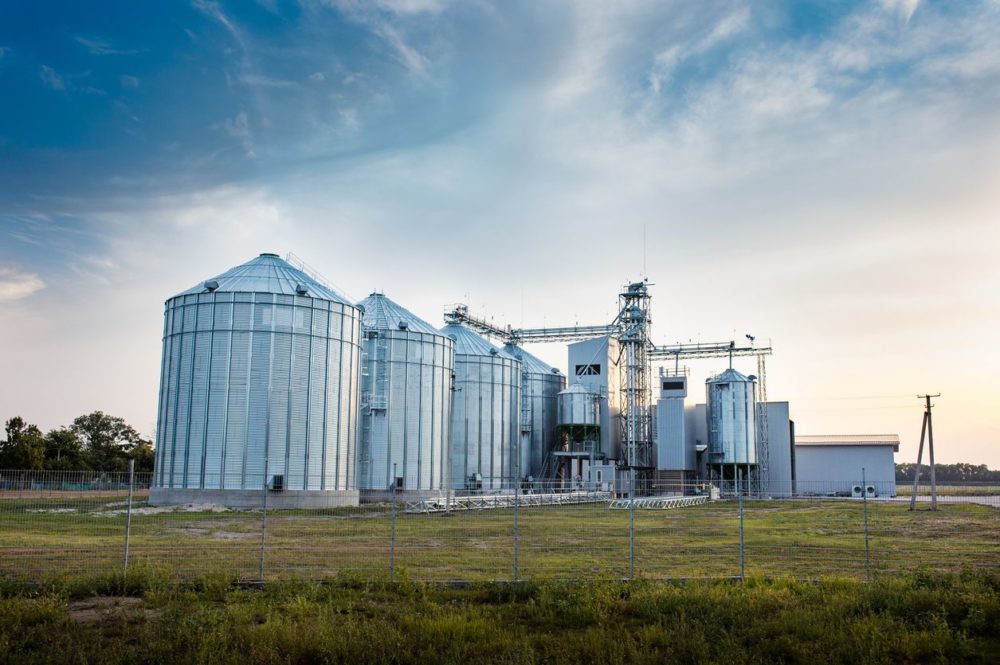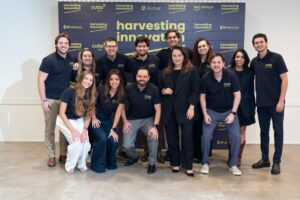Carbon farming firm CIBO Technologies recently announced its first CIBO Carbon Bridge partnership with grain trading platform Bushel.
The CIBO Carbon Bridge program launched earlier this year and mitigates risks for US growers switching to regenerative agriculture practices. Bushel will provide digital infrastructure that can streamline and speed up the process of joining a carbon program for farmers.
How it works:
Carbon Bridge is a pay-for-practice program that incentivizes farmers to transition to regenerative farming practices to sequester carbon. The program emphasizes that farmers get paid quickly for making this switch.
- Qualifying farmers commit to a minimum four-year agreement and must maintain a reduced tillage practice at all times such as strip or no-till.
- Currently, the Carbon Bridge Program is limited to corn and soybean crops.
- Farmers get paid from the first year. Payments can reach up to $35/acre. CIBO’s VP of Development Nitzan Haklai tells AFN that the company offers “the most competitive payments and also the most simplified way to get them.”
- Over a roughly four-year period, the size of the payments goes down as farmers start to see increased yields, reduced input costs, and the creation of carbon credits they can sell.
Leveraging Bushel’s “digital infrastructure”:
Bushel’s software platform currently powers around 2,000 grain facilities across North America.
The company acquired farm-management app FarmLogs in 2021. The latter’s technology allows different systems in the grain handling chain to “talk” to one another. FarmLogs connects the farm gate to the grain facility and down to customers by integrating accounting systems, trading desks, farm management systems, and market feeds.
Existing FarmLogs customers can now opt into CIBO’s Carbon Bridge Program thanks to the CIBO-Bushel partnership.
Bushel’s director of Farm Success Kellie Livernois tells AFN that FarmLogs makes adopting regenerative practices faster and simpler by providing streamlined data on field boundaries, weather information, fieldwork, and planting dates, to name a few areas.
The partnership will also make enrollment faster for farmers interested in joining a carbon program. “The connection there is just being able to share records digitally or via API to a CIBO,” she says. “You can calculate the profit and loss and report to the FSA and track their marketing position. Not having to go double enter [the data] adds a lot more value to the picture.”
Both Livernois and Haklai stress that Bushel isn’t starting a carbon program itself, and that CIBO is still the one paying the farmers. Bushel, according to Livernois, wants to be “the digital infrastructure in this pipeline of sustainability.”
Why it matters:
Carbon Bridge is designed to help growers manage the risks associated with transitioning to regen ag, which can include new equipment and labor costs, as well as costs associated with implementing new practices such as no-till and cover cropping. It can take farmers years to see any financial gains from switching to these methods.
Historically, these risks have deterred farmers from adopting regen ag.
However, the amount of carbon dioxide in our atmosphere is the highest its been in 4 million years, and carbon sequestration is increasingly seen as a “must-have” for the ag industry rather than an add-on for those that can afford it.
Getting farmers paid quickly for their practices is crucial to getting more of them to make the switch. Haklai says the role of technology is to help create carbon programs that can do this at scale.
The Bushel partnership is CIBO’s first big one for the Carbon Bridge program, though certainly not the last. Haklai says the company is currently working to create more programs in the future with other sponsors “from across the value chain.” Programs for commodity crops other than soy and corn are a possibility for the future, too.





